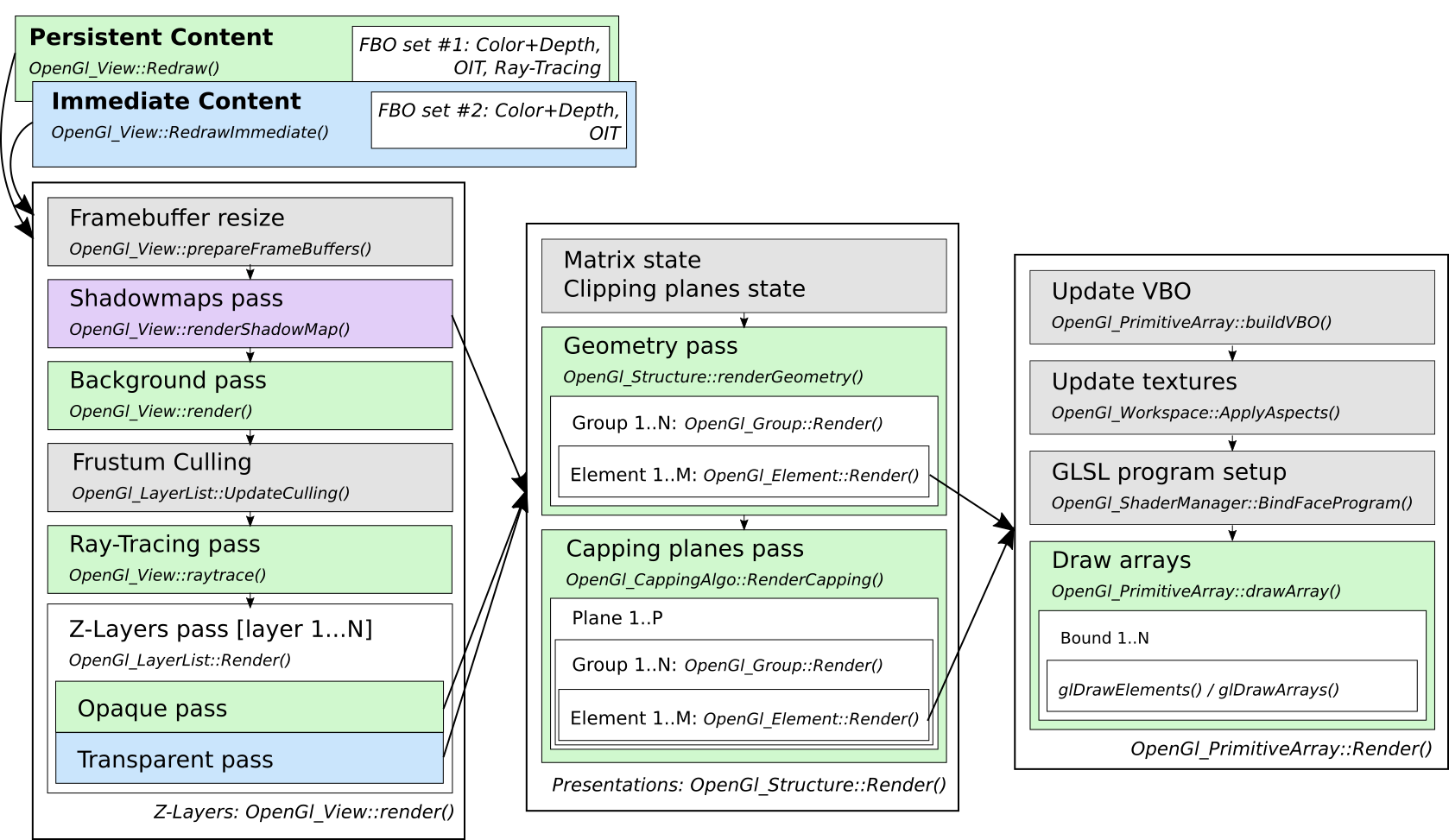Open Cascade updates OCCT-based research & science publications report

Wed, 10/19/2022 - 13:41
Open Cascade presents a new OCCT (Open CASCADE Technology) research and science publications infographics report. The updated version includes 2021-2022 data (till the end of August), adding almost 200 new research articles from world-class universities, scientific institutions, and R&D departments of commercial companies.
New version of the report includes more than 900 articles and research projects conducted by 600+ organizations in 55 countries. In 2021 scientists set the record for the maximum articles number, adding 181 publications to the collection.



